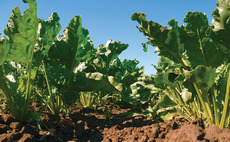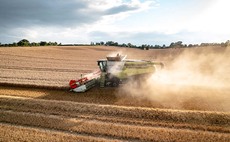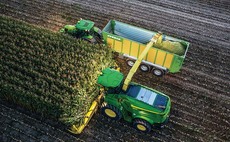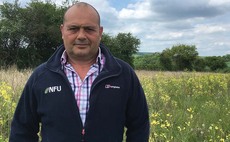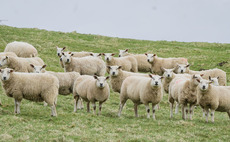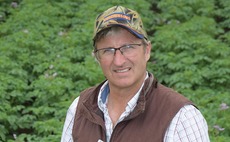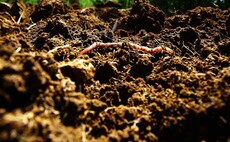Technical
Arable
Recently-formed industry group GB Potatoes is working in partnership with Cambridge University Potato Growers Research Association (CUPGRA) to coordinate a GB potato cyst nematode (PCN) forum.
Arable
There is often debate about how potatoes can fit into regenerative farming systems, but one grower is proving their environmental credentials can be massively improved.
Agronomy
With most sugar beet generally looking good after recovering from late drilling and a slow start, BBRO’s Beetfield demo day highlighted ways to maximise crop potential. Martin Rickatson reports.
Agronomy
With harvest progress falling behind and increased reports of lodged crops, growers continue to face challenging conditions.
Arable
Phil Warham has been an agronomist with Agrovista for six years. He gained a degree in Land and Farm Management at Harper Adams and managed farms for several years afterwards. He now advises on combinable crops, cereals, maize and vining peas in Lincolnshire, Nottinghamshire and into Leicestershire. Key interests include direct drilling and soil health, as well as making farms profitable. In his spare time he is a keen runner, cyclist and horseman.
Arable
NFU crops board chairman Matt Culley is a fourth-generation farmer from Hampshire working in partnership with his parents and brother.
Livestock
Using wormers responsibly throughout the season will help preserve their effectiveness on farms. Veterinary surgeon Emili Canavan-Hicks, from Black Sheep Farm Health, Rothbury, offers some advice
Arable
Darryl Shailes is root crop technical manager for Hutchinsons, with a nationwide remit. He has been working in potato agronomy for more than 20 years.
Agronomy
Promoting diverse colonies of soil biology to improve plant health is something most regenerative farming systems are based around. And while biology cannot offer consistent control of pests or disease like an agrochemical might, its use is an important piece of the integrated crop management puzzle.
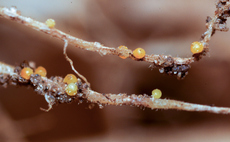
 24 August 2023
•
2 min read
24 August 2023
•
2 min read

